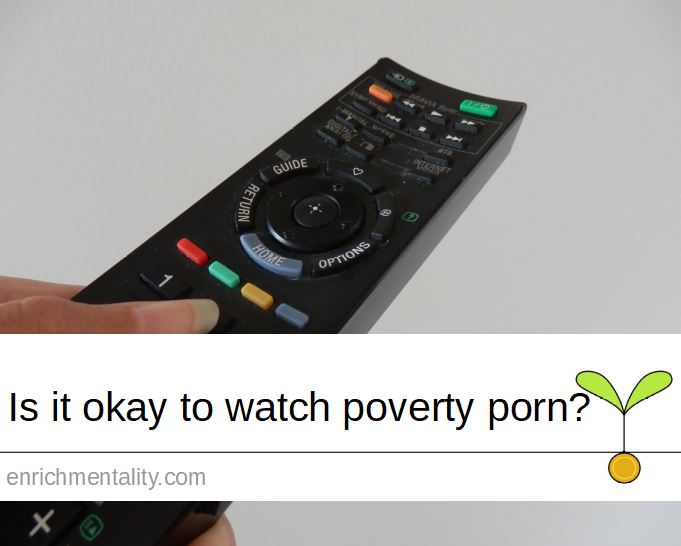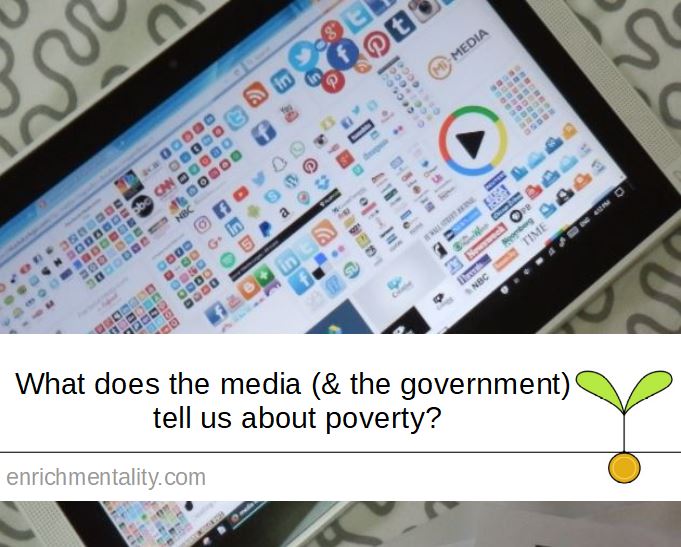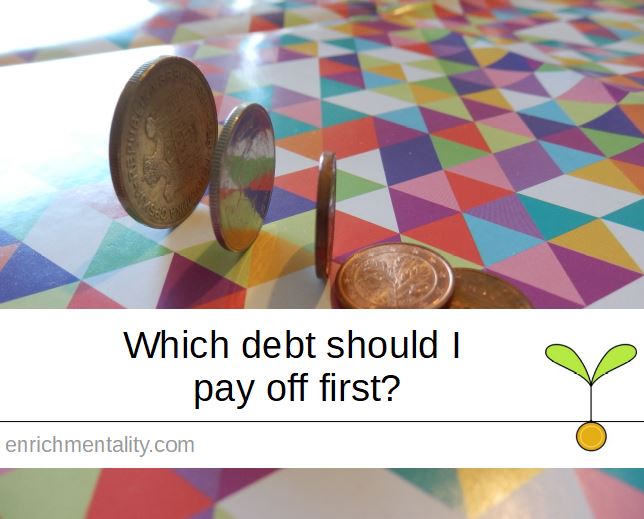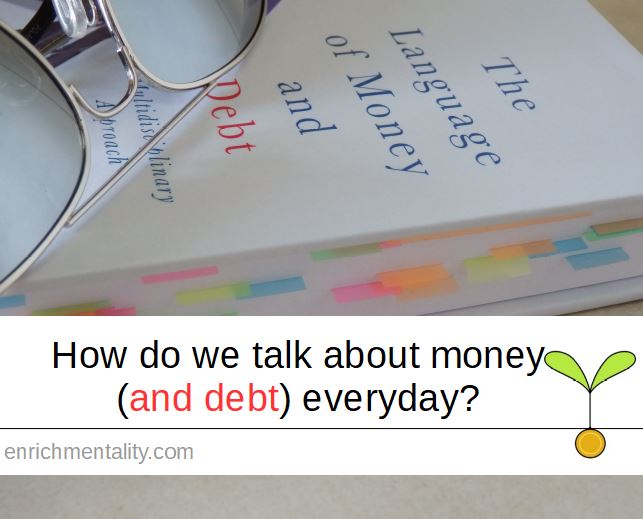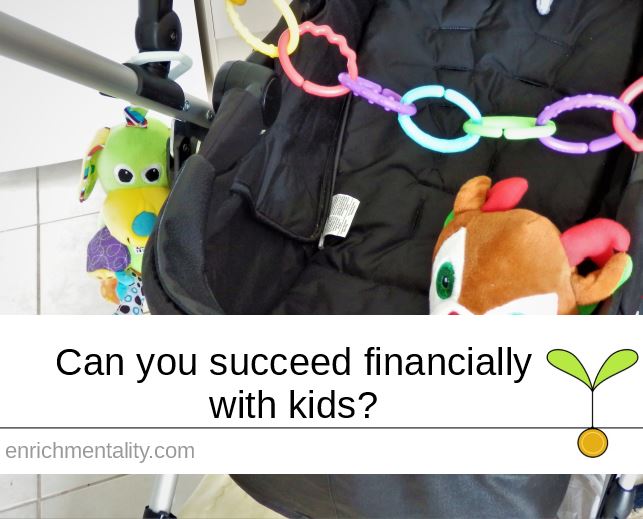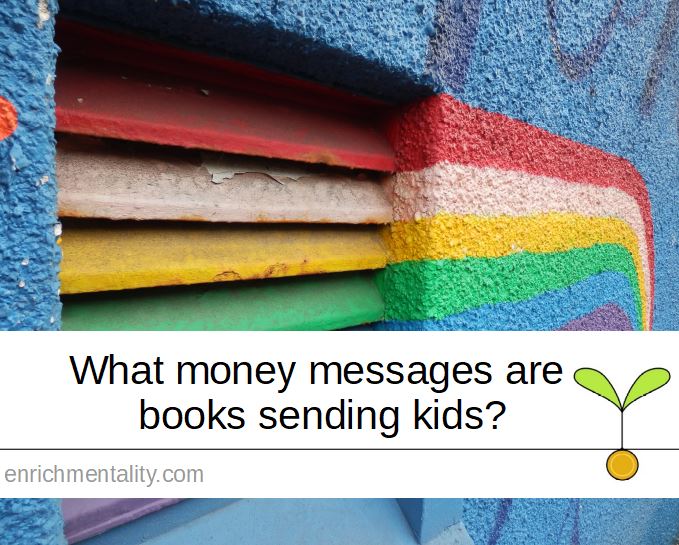I was recently asked an excellent question about private health insurance. But the more I wrote about the topic, the more I realised I had to say about insurance in general. So let’s take a look at the thrilling, wonderful world of insurance more broadly (ha!), before we get down to private health cover in my next post.
Do I need to read this?
How many times have you bought a new product and thrown away rather than read the instructions? Downloaded a new app and clicked ‘accept’ on the terms and conditions without reading them? Or opened a bank account without reading the eighty-five page ‘booklet’ that comes with it? (For what it’s worth, that’s not a booklet – that’s a book!) Continue reading “Do I need to read this?”
What is debt?
One of the very first posts I wrote for Enrichmentality was titled ‘What is money?‘. But as I recently noted, reading The Language of Money and Debt made me consider the meaning of debt in more depth than I had previously. Of course, if you are in debt, the lack of money can seem overwhelming. So today I’m asking ‘What is debt?’
Is it okay to watch poverty porn?
We all have our guilty viewing pleasures. Mine tend to be videos of people exploring abandoned places, extreme cake decorating, and trashy sitcoms. But when does one person’s guilty pleasure cross the line into another’s exploitation? Especially when it comes to matters of poverty, and so-called ‘poverty porn’?
What does the media (& the government) tell us about poverty?
What does ‘welfare’ mean to you? Or ‘benefits’? Do you associate these words with phrases like ‘welfare queens’ or ‘benefit cheats’? Does the image of a ‘bogan’ (Australia) or a ‘chav’ (UK) smoking a cigarette out the front of a government flat spring to mind?
Continue reading “What does the media (& the government) tell us about poverty?”
Which debt should I pay off first?
The financial sphere seems all abuzz with The Barefoot Investor‘s book. Multiple friends have asked me about it. It’s the number one non-fiction book at both my local library and bookstore. But as happy as I am to see a finance book so popular, is it really ‘the only money guide you’ll ever need’? Will following Scott Pape’s ‘domino’ advice (or Dave Ramsey’s ‘snowball’ advice for that matter) really help you get out of debt for example? The best way to pay off your debt is likely to be something else entirely…
How do we talk about money (and debt) everyday?
When I first received the wonderful book The Language of Money and Debt, I was struck by the title.I’ve been thinking aloud about the language of money here on Enrichmentality since mid-2016. But I’d never considered the language of debt separately.
Debt, globally, is an enormous issue. In the UK, Kinloch, Little and Morawiec estimate that over 16% of the population are over-indebted. (At least three months behind with their bills in the last six months, or feel heavily burdened by debt).
Continue reading “How do we talk about money (and debt) everyday?”
Can you succeed financially with kids?
Recently, I caught up with someone I hadn’t seen for a long time. Two decades, in fact. And they asked me what I’ve been doing. I gave them the canned version of events, ending with my most recent news (that my husband and I had left our jobs a year and a half ago and are traveling the world). Their response? ‘It’s much easier when you don’t have kids.’
What money messages are books sending kids?
Cinderella. Jack and the Beanstalk. Aladdin. Even Harry Potter. So many of the books we read as children, or read to children, reflect particular money beliefs. Untold treasures in a secret cave, or at the end of a rainbow.
The beliefs we have about money are often linked to childhood experiences and messages. We learn to ‘speak’ money within the home and the family, and the lessons we learn as children often impact on how we handle money later in life.
Last year, I was privileged to meet Annabelle Mooney at the Money Talks conference, along with her co-contributors Tanweer Ali and Eva Lebdušková. And last month, I was very excited to receive a copy of the book The Language of Money and Debt edited by Mooney and Sifaki. This fantastic book has a whole section dedicated to money and childhood, the topic of my post today.
Continue reading “What money messages are books sending kids?”
What is your New Years Revolution?
Here we are, at the end of another year. A time for many of us to reflect on the twelve months which have just passed us by, and to look ahead to the next twelve to come. To think about where our money went, perhaps, and how we might spend it – or get it to work for us – differently in the new year. But this year, I want to talk not about new years’ resolutions, but revolution.




